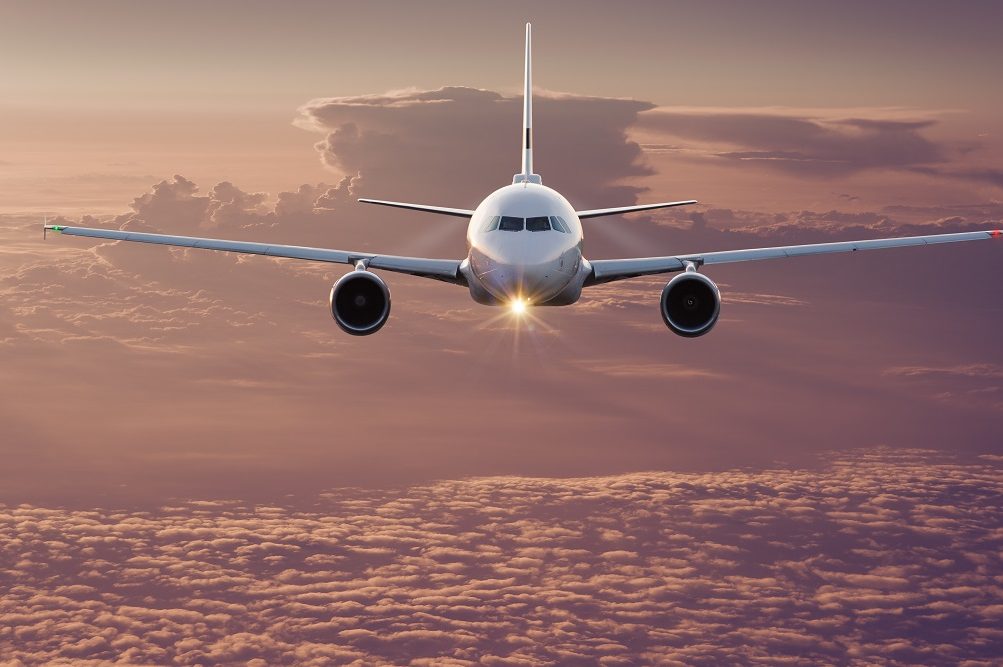Top business travel trends for 2019
The global network Amadeus, which enables the various tourism players (agencies, tour operators, hotels...) to ensure their activity and improve the travel experience, has just published the 2019 trends in business travel. Here are the main lessons to remember.
1/ Personalization
In all sectors, customers now expect the smoothest possible tailored experience. To achieve this, mastering customer data has become a key challenge. Hotels, travel agencies and tour operators have understood this and will have to go even further in making the most of this precious information. In particular by anticipating needs and friction points to offer a seamless experience. Investments in artificial intelligence tools are therefore to be expected to extract and analyse this data.
2/ The need for aggregation, research and comparison
Today's travellers are increasingly connected and demanding. They know how to find the best deal for a given service in a few clicks. This means that competition between travel sellers will become increasingly fierce, and each will have to compete with the other to help their customers plan the best possible trip, tailored to their needs and at the best price.


3/ The bleisure and the well-being of travellers
According to GBTA, the leading trade association for the global business travel industry, companies are expected to spend $1.7 trillion (or $1.7 million) by 2022 to send their employees around the world.
The trend of bleisure should therefore increase in tandem with improvements in travel policies and traveller well-being. If this does not happen, 44 % of business travellers say they would leave their job if the travel policy was not good enough. Similarly, 50 % say that this is a key factor in their choice of job.
In this context, the well-being of travellers will become a priority for HR and travel managers, for whom the travel policy is now seen as a real loyalty lever.
4/ The millenials become business travellers
Born between the mid-1980s and mid-1990s, the children of the millennium, or generation Y, should represent 50 % of travel expenditure in 2020, according to the Boston Consulting Group. This is a fundamental phenomenon that will require the tourism industry to adapt to the new expectations of this demanding public, which is constantly connected and always on the lookout for bargains.
5/ Greater collaboration in the travel industry
Online services have also changed the way we search, book and share our travel experiences. These new uses will require greater collaboration between tourism experts to meet this demand. In particular, more and more open APIs* are expected to emerge this year, as well as more partnerships to participate in the common progress of the tourism sector.
*API = Application Programming Interface, which is an IT solution that allows applications to communicate with each other and exchange services or data.

